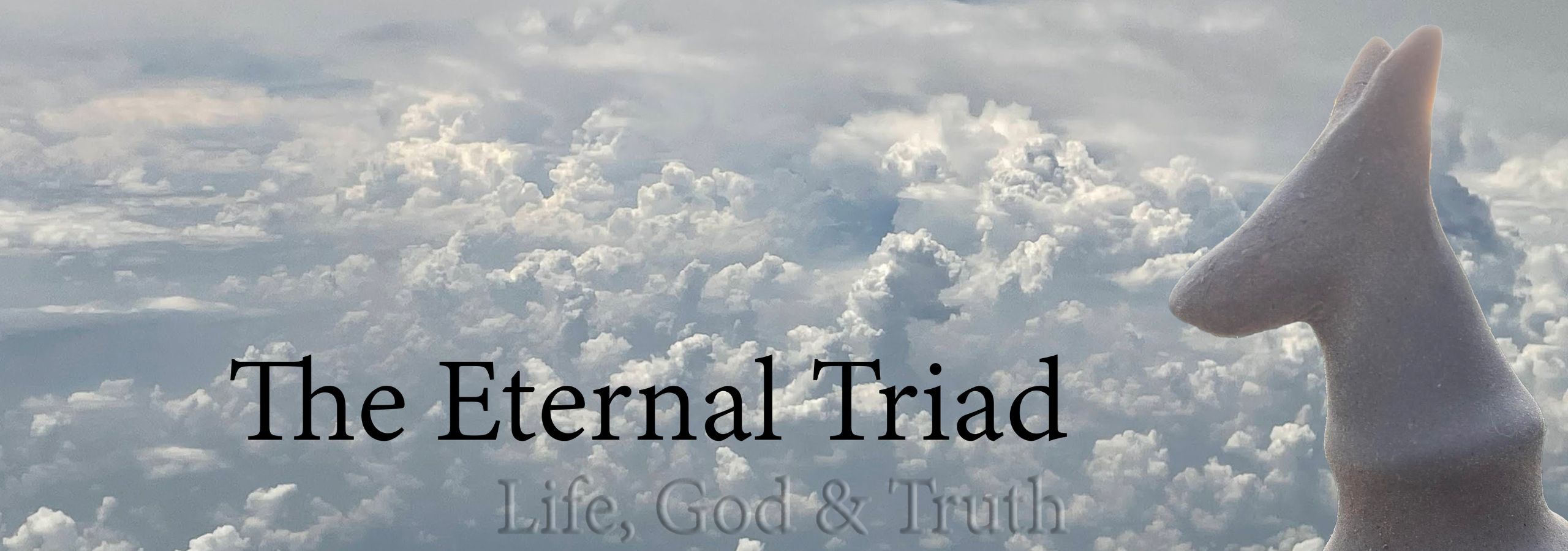With reason comes the power of judgement. In judgement lies the freedom of will. Freedom of will leads to doubt. Doubt ascertains existence in the form of thought. The conclusion that Descartes reached to herald the modern philosophical age. The sceptical approach led to further enquiry which reached its epitome when Sartre condemned us as men to be free. Freedom entrusts responsibility, which binds us to morality. Morality creates divisions, shattering the monistic illusion of unity and harmony, provoking thoughts to further judgements between right and wrong, good and evil, pain and pleasure. The diversity between such contradictions fuels the adventure that is life, which itself is contradicted by death.
Amid all contradictions lies the ultimate unity. If the wrong, the pain, the evil ever existed, death would be the lord of all evil. But death is the divine creator, for its death that creates time and grants meaning to space. Without any ends, immortality will nullify actions. Without the possibility of actions, life loses significance, which ceases the need for reason. Without reason, death becomes desirable - the impossibility of which will be the ultimate curse on life. Death as such may be divine, but godliness lies in life. This brings us to The Eternal Triad of life, truth and god - from which the fountain of knowledge and wisdom originates and flows in all directions.
The Eternal Triad is the foundational element of all known religions - the breeding ground of universal religion. Life, truth and god are interwoven concepts, each of the terms can be safely replaced by another in any given concept or context. What is good is God and it's the truth that life is good. So for any moral question, any ethical dilemma the answer lies in the trinity - action that favours Life is good, godly and true. Conversely, evil is everything that is or can be hostile to life. A plain and simple equation of morality.
Easy to understand and yet hard to implement. The shackles of religion seek to ease this implementation - through fear and the nascent ignorance of death. All religious cults thrive on fear, yet true religion knows no fear. Since ethics is beyond the comprehension of common men, religions and laws tend to simplify the task of uplifting the moral concerns of mankind. Sometimes they uphold the good, other times they become evil. That’s the bargain man makes as social animals.
In any case, the eternal triad, in one form or the other, remains the object and subject of all possible human interest.

